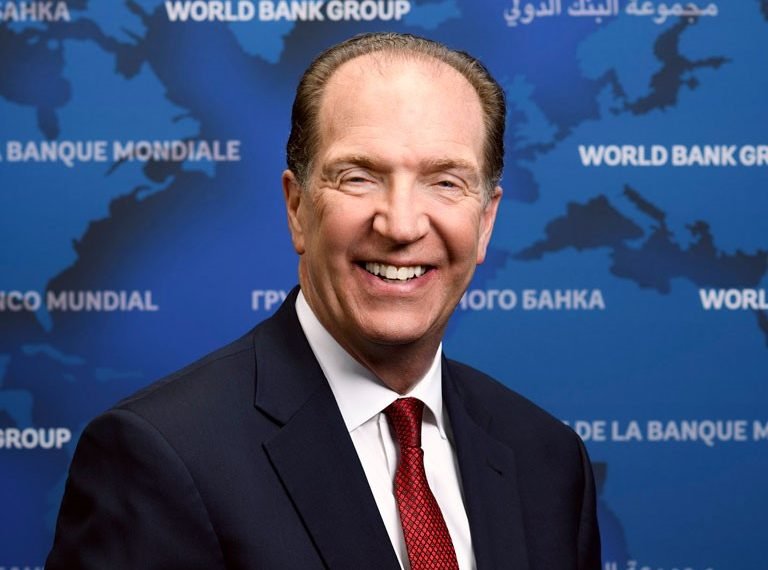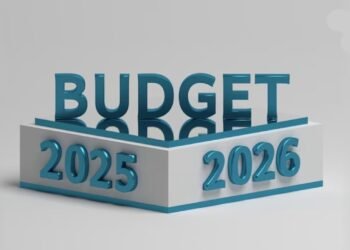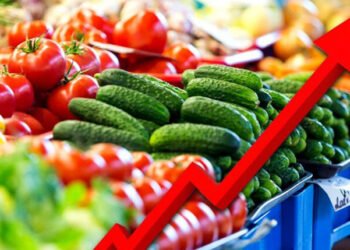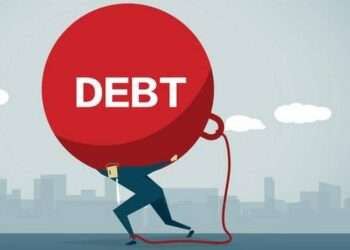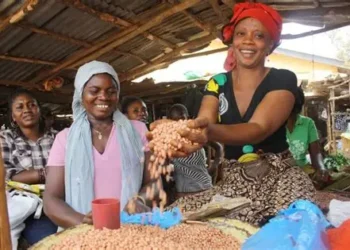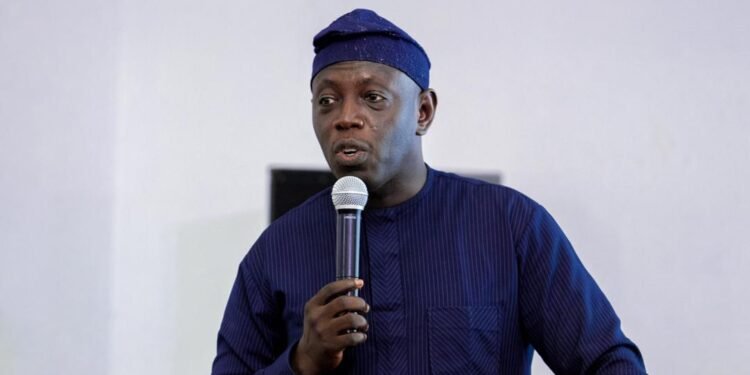Ghana now stands the risk of being declared a debt distress country after the World Bank assessed the country’s overall risk of debt distress as high.
This is according to the October edition of its ‘Africa Pulse report’ for 2020.
Ghana is among countries expected to witness an increase in its fiscal gap deficit projected to hit double digits by end of this year.
According to the World Bank, managing a country’s borrowing patterns will reduce the risk profile of debt and may help alleviate the adverse growth effect of the pandemic shock.
The World Bank however expressed worry about the recent shift in the composition of debt from public creditors to private creditors resulting in a series of risks; currency risks, interest rate risks, shorter intervals maturity risks, uncertain collateral risks, national security risks, and refinancing risks.
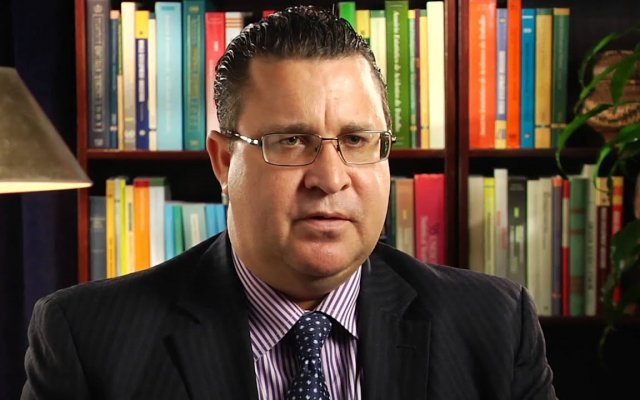
According to the current data released by the Bank of Ghana, domestic debt component of the total debt stock of Ghana has increased from GH¢122.1 billion (31.7% of GDP) in June to GHS125.1billion (32.5% of GDP) at the end of July.
This means that domestic debt has increased by GHS3 billion between June and July 2020. A monthly growth of 2.46 percent.
The domestic debt as at the end of July 2019 also stood at GHS98.3 billion representing 28.1 percent of GDP. This implies that on a year-on-year basis, domestic debt has increased by GHS 26.8 billion, culminating into a growth rate of 27.3 percent.
The total external stock of public debt has also increased from GHS 107.8 billion in July 2019 to GHS138.0 billion at end of July 2020. The current stock of external debt accounted for 35.8 percent of GDP as compared to 30.9 percent in July 2019.
Consequently, Ghana’s total stock of public debt has increased from GHS 258.8 billion in June 2020 to GHS263.1 billion at end of July. This puts the country’s debt stock at 68.3 percent of GDP having increased from 67.2 percent in June.

The current report by the World Bank also shows that the potential Debt Service Suspension Initiative (DSSI) savings for Ghana currently stands at 354.1 million dollars which represents 0.5 percent of the country’s 2019 GDP even though Ghana is not currently participating in DSSI.
In April, the World Bank’s Development Committee and the G20 Finance Ministers endorsed the Debt Service Suspension Initiative (DSSI) in response to a call by the World Bank and the IMF to grant debt-service suspension to the poorest countries to help them manage the severe impact of the COVID-19 pandemic.
The main goal of the DSSI is to allow poor countries to concentrate their resources on fighting the pandemic and safeguarding the lives and livelihoods of millions of the most vulnerable people.
“A key objective of the DSSI is to enable an effective crisis response”, the World Bank said.
The World Bank explains that borrowers under the DSSI therefore commit to use freed-up resources to increase social, health, or economic spending in response to the crisis.
“Beneficiaries also commit to disclose all public sector financial commitments (involving debt and debt-like instruments). Under the DSSI, countries also commit to limit their non-concessional borrowing as supported by ceilings under IMF programs and the World Bank’s non-concessional borrowing policies”.
According to the recent report, most of the countries in Africa do not publish transparent records on their debt situations. The poor performance in debt transparency across countries in the region comes from the lack of annual borrowing plans (24 countries) and contingent liabilities (22 countries), the report says.
This, the World Bank attributed to weak legal frameworks, lack of audits, poor data administration and internal control, and low staffing capacity.
“Consequently, these countries do not have suitable strategies for a debt management plan or do not monitor potential risks on debt borrowings”.



